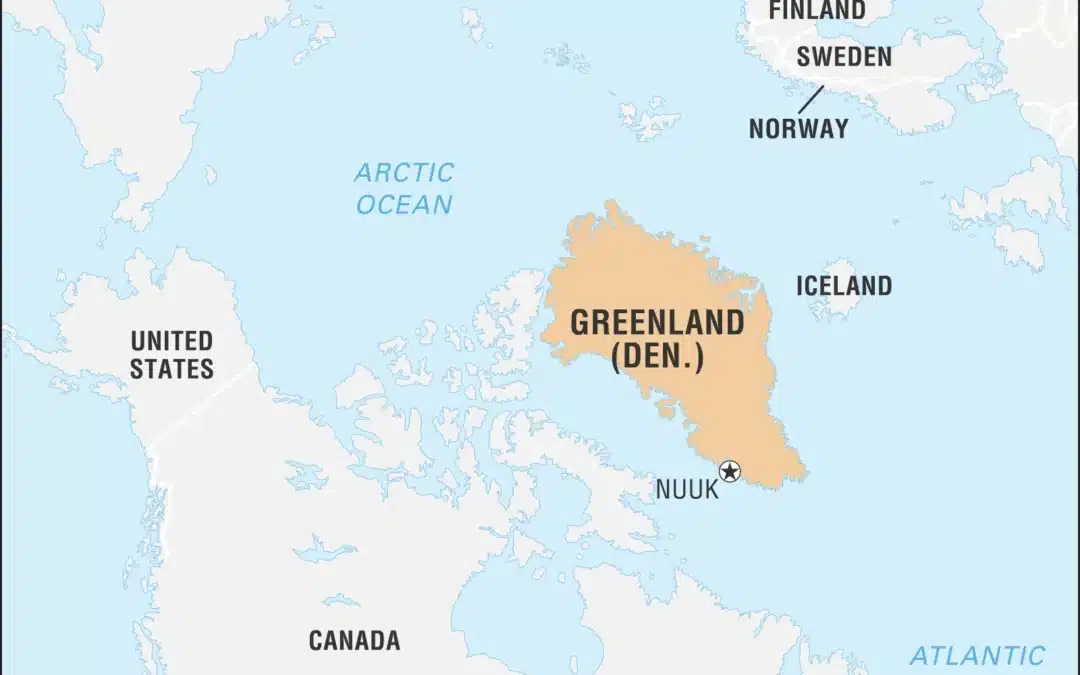"Nothing is more unpopular today than the free market economy, i.e., capitalism. Everything that is considered unsatisfactory in present-day conditions is charged to capitalism. The atheists make capitalism responsible for the survival of Christianity. But the papal encyclicals blame capitalism for the spread of irreligion and the sins of our contemporaries, and the Protestant churches and sects are no less vigorous in their indictment of capitalist greed. Friends of peace consider our wars as an offshoot of capitalist imperialism. But the adamant nationalist warmongers of Germany and Italy...

TGIF: The Right to Move
If people individually own themselves and have a right to be free of aggressive force, then they have a right to change their location in ways consistent with other people's rights. Whether you call this moving around relocating, emigrating, or immigrating, doesn't much matter. The default position is that each individual may rightfully move to somewhere else permanently or temporarily. Inside the United States, nobody questions this. People freely move from state to state, etc., sometimes temporarily, sometimes permanently. They need no one's permission. Why should things be different when...
Recent Writing in Defense of Free Immigration
"The Trumpian Ice Age: The Frigidity of Collectivism" "Immigration Policy in an Nth-Best World" "Free Movement Increases Wealth" "Static Analysis Clouds Immigration Debate" "More on Immigration and Public Property" "Immigration Control Threatens the Rule of Law" "Immigration and Free Association" "Reverse Scapegoating in the Immigration Debate" "Immigration and Liberty" "No One Has a Right to Make Immigration Policy" "Immigration Foes, What's the Beef?" "Heartless Immigration Restrictions Need Replacing" "Glenn Loury's Collectivist Immigration Policy" "A Refreshing Way to Think about...
Report Card
What's the problem? So far the Trump administration has been Pretti Good.
Parallax Views Podcast: The Government Murders of Renee Good and Alex Pretti
J. G. Michael invited me on his podcast to talk about the U.S. immigration agents' recent murders of two American citizens in Minneapolis.

TGIF: Inept Con Man in the White House
Trump is hardly the first con man in the White House, but he is by far the most flagrant, and his scale is gargantuan. He's also rather inept. His latest confession came in a recent message to Norway's Prime Minister Jonas Gahr Store: Considering your Country decided not to give me the Nobel Peace Prize for having stopped 8 Wars PLUS, I no longer feel an obligation to think purely of Peace, although it will always be predominant, but can now think about what is good and proper for the United States of America. I've italicized confession. Here is Trump admitting that, in his quest for the...

TGIF: The Trumpian ICE Age: The Frigidity of Collectivism
Welcome to the Trumpian ICE Age, a vivid lesson in the frigidity of collectivism. Take note, New York City Mayor Zohran Mamdani. Compared to Trump, you're a piker. We've got a problem, and it's not just Houston's. It's the lawless, authoritarian, liberty-flouting Trump, who on all fronts grasps at maximum power—constitutional and statutory limits be damned. The fronts, so far, include immigration, drug prohibition, trade, corporate ownership, and everyday matters like oil prices, credit-card interest, pharmaceutical prices, and home sales. Trump is also eyeing medical insurance. Heaven help...

TGIF: “We’re” All Neocons Now
Apart from a few details, I never saw much difference between Trump's America First shtick and MAGA's chief foe, the neconservatives. It appeared to be merely a squabble over details, such as whether democracy or strongman rule abroad best served the so-called national interest. No one believes in America Second, Third, or Nth. Trump's action in Venezuela confirms my impression. Beneath the surface, the contrast between Trumpian America First and neoconservatism disappears. At his news conference after the Venezuela invasion and decapitation, Trump was asked, "Mr. President, why is running a...









